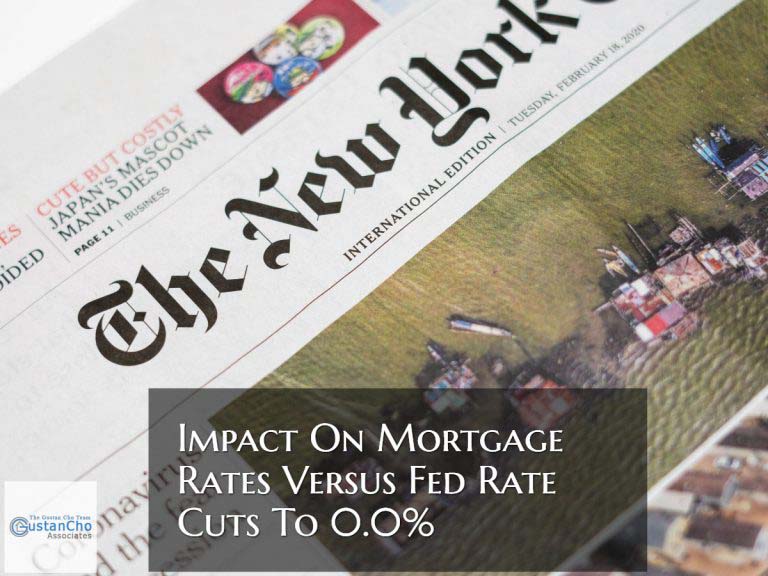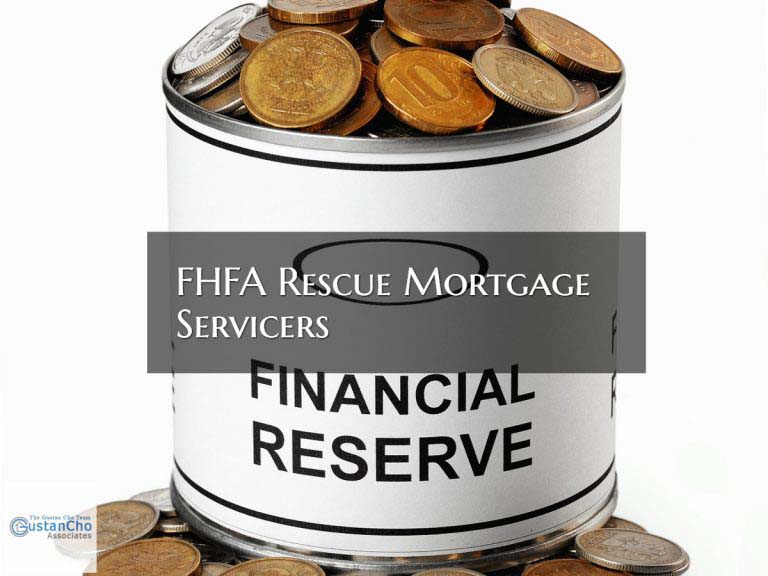BREAKING NEWS: DTI Mortgage Guidelines During The COVID-19 Pandemic Crisis
The COVID-19 pandemic outbreak in the United States has not just plummeted the U.S. economy but shut down all non-essential businesses.
- Millions of businesses closed with no set date of opening
- Millions of closed businesses will not reopen as the pandemic lingers
- The good news is over 21 state governors have ordered certain phases of opening their state economy starting in March
- There are other states like New York, Illinois, California, Michigan, New Jersey that has no tentative opening dates
- Millions of Americans are either furloughed and/or out of jobs
- As the economy remains closed, the chances of businesses reopening remain dim
- Over 33 million Americans have filed for unemployment in the past seven weeks
- The U.S. Department of Labor is estimating unemployment can reach as high as 25% in the coming weeks and months
The economy was stronger than ever prior to the COVID-19 pandemic. Then the coronavirus pandemic hit the Nation creating major chaos both in the housing and mortgage markets.
Mortgage Rates Versus Secondary Mortgage Bond Market
The once strong housing market is now uncertain due to the mortgage chaos in the secondary mortgage bond market. Lenders have restructured their loan programs.
- Mortgage rates are at historic lows for prime borrowers
- However, rates are very high for under 700 credit score borrowers due to liquidity issues in the secondary mortgage bond markets
- Non-QM lenders have suspended originating and funding non-QM loans
- Non-QM loans include bank statement loans for self employed borrowers and alternative financing programs until further notice
- Most lenders have completely shut down Jumbo mortgages
- Most lenders have implemented overlays on credit scores, manual underwriting, and debt to income ratios
- The team at Gustan Cho Associates Mortgage Group are getting countless calls daily on why they are getting turned down for a mortgage by other lenders
- Gustan Cho Associates is one of the very few lenders that has not implemented any lender overlays on government and conventional loans
- FHA, VA, USDA, Fannie Mae, Freddie Mac did not change any of its agency mortgage guidelines
- So when borrowers are told a lower debt to income ratio requirements on a particular loan program, this is not an agency guideline but rather the particular lender overlays
In this breaking news article, we will discuss and cover DTI Mortgage Guidelines During The COVID-19 Pandemic Crisis.
Agency DTI Mortgage Guidelines During The COVID-19 Pandemic Crisis Versus Lender Overlays
As mentioned earlier, HUD, the VA, USDA, Fannie Mae, Freddie Mac has not changed any agency lending guidelines.
- However, lenders have tightened up their own lending requirements which are called lender overlays during the COVID-19 pandemic
- Lenders increased lender overlays due to the liquidity issues on the secondary mortgage bond markets
- Investors on the secondary markets have no interest in buying mortgages with borrowers with high risk
- High risk borrowers are those with lower credit scores, high debt to income ratios, lower down payment, and/or other credit risk issues
- Therefore, most lenders have lowered debt to income ratio guidelines on their loan programs
Although agency guidelines have not changed, lenders have been lowering DTI Mortgage Guidelines during the COVID-19 pandemic. The good news is Gustan Cho Associates has not increased DTI mortgage guidelines during the COVID-19 Pandemic mortgage crisis.
Agency DTI Lending Guidelines On Government And Conventional Loans
Debt to income ratio caps is different among the various mortgage programs. HUD, the parent of FHA, allow the front end debt to income ratio not to exceed 46.9% and the back end DTI not to exceed 56.9% to get an approve/eligible per AUS findings. The Department of Veterans Affairs has no debt to income ratio requirements. Gustan Cho Associates has gotten approve/eligible per AUS findings on VA loans for borrowers with credit scores in the 500’s and over 65% DTI. USDA requires a 31% front end and 41% back end debt to income ratio to get an approve/eligible per automated underwriting system findings. Both Fannie Mae and Freddie Mac allows debt to income ratios up to 50% DTI to get an approve/eligible per AUS on conventional loans.
Typical Lender Overlays By Lenders During Coronavirus Pandemic
It is up to the lender on what overlays to impose for their company. Therefore, each lender can have their own overlays. Typical lender overlays imposed by lenders during the coronavirus pandemic economic crisis are the following:
- Higher credit score requirements
- Suspended manual underwriting on VA and FHA loans
- Halted VA and FHA manual underwriting
- Suspended FHA 203k loans
- Lowered debt to income ratio requirements on government and conventional loans
The great news is Gustan Cho Associates did not impose any lender overlays on government loans. Gustan Cho Associates just go off the findings of the automated underwriting system (AUS). We still originate and fund manual underwriting on FHA and VA loans, higher DTI mortgages, FHA 203k loans, and lower credit score borrowers. For more information about this article and/or other mortgage-related questions, please contact us at Gustan Cho Associates at 800-900-8569 or text us for a faster response. Or email us at gcho@gustancho.com. The team at Gustan Cho Associates is available 7 days a week, evenings, weekends, and holidays.









